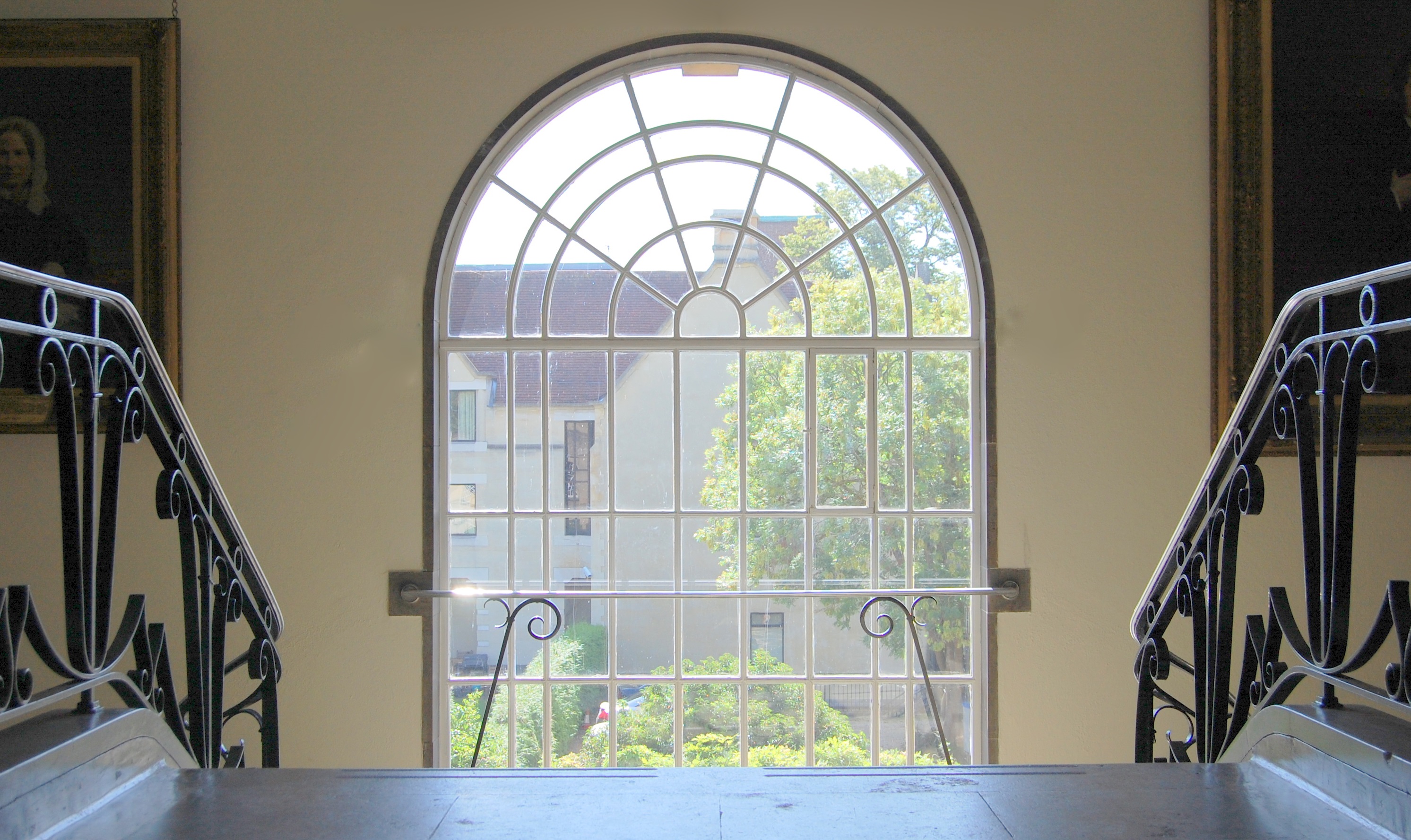
‘You shall love the Lord your God … and you shall love your neighbour as yourself’. This double love command of Jesus Christ, as recorded in the Gospels, is the inspiration for a research project initiated in collaboration with the Royal Aal Al-Bayt Institute for Islamic Thought, Amman, Jordan. Drawing on different religious traditions, while always in conversation with Christian faith, the underlying conviction is that a study of the phenomenon of love is, finally, discovery of the nature and activity of God in the world.
The initial phase of the project, supported by the John Templeton Foundation: “Identifying the frontier issues” (2015-2018)
The initial project aimed to identify the ‘frontier’ areas and issues on the place of love in religion, bearing in mind the big question, ‘what grounds are there for thinking that love, in religious consciousness and practice today, is the ultimate reality of the universe?’
This investigation is necessary in view of three major developments that have not yet been given due weight in the study of love: first, the appeal of Muslim scholars to love of God and love of neighbour as common ground for inter-faith cooperation, as evidenced in the Islamic open letter, A Common Word;* second, the potential for using advances in recent neuroscience to understand the importance of love in human development within a general evolutionary picture; and third, a new convergence between continental and Anglo-American philosophy in conceiving of love as a kind of knowledge. The project is unique in setting all this in a pluralist faith context, focusing at this stage on dialogue between Christians, Muslims and Jews, and seeking resources for answering the ‘big question’ in al three Abrahamic traditions.
The main activity of the initial project was an international Colloquium designed to identify the key issues, supported by a smaller colloquium on the link between neuroscience and love, a literature review, and engagement with the ‘everyday theology’ of local religious communities through the medium of a liturgy. Concrete outputs delivered were 15 short papers presented by participants in the Colloquium, a report assessing its results, a literature review, three scholarly articles, a liturgy text, and a lecture series. Most of these outputs are available on this website. Even at this initial stage of identifying issues, this integrated programme made an impact on methodology in the area generally, alerting researchers to the developments cited above, and encouraging scholars of different faiths – especially Islam and Christianity – to make joint discoveries in the nature of love.
An appointment

At the centre of the project is the “H.M. King Abdullah ibn al-Hussein II of Jordan Fellowship for the Study of Love in Religion”, which is occupied in five-yearly periods alternately by a Muslim scholar and a Christian scholar. The first appointment was made in January 2016, and the second in January 2022. The post includes responsibilities for research and teaching in Oxford, and may be occupied by a scholar in any area of Christian theology, Religious Studies or Islamic Studies which involves the study of love. The Fellowship is held as a College-only appointment, and the project is run and managed by the College, but the Faculty of Theology and Religion of the University of Oxford is fully supportive of the project and has a representative on the Advisory Board for the Fellowship.
The long-term project (2018 onwards)
The project is gradually being widened beyond the three Abrahamic religions to include other world religions, such as Hinduism and Buddhism. Christian faith will always be a partner in the process, and the aim is not to achieve merely generalized statements about religion but for scholars in each religion to explore and present what is distinctive about their approach to the research questions from the perspective of their tradition.
The project is the larger environment for the post, and involves the post-holder and others. Its Director and Principal Investigator is Professor Paul S. Fiddes, Professor of Systematic Theology in the University of Oxford (Faculty of Theology and Religion). His research converges with that of the Co-Investigators, and especially the Fellow for the Study of Love in Religion. For details of the research team, see “People”.
The project was initiated in collaboration with one of the main funders of the Fellowship, The Royal Aal Al-Bayt Institute for Islamic Thought in Amman, Jordan. The founder of this Institute, HRH Prince Ghazi bin Muhammad of Jordan, author of the world-renowned A Common Word (an appeal to world Christian leaders on the theme of love), remains a significant personal collaborator.
Activities and outputs
- Research into the phenomenon of love in religion by the Fellow, by the Director of the project and by the Co-Investigators, leading to scholarly publications, both individually and in collaboration.
- Lecture courses on the nature of love in religion within the Faculty of Theology and Religion in the University.
- Encouragement for graduate students to explore some aspect of love in religion in Masters’ dissertations and Doctoral theses, supported by a scholarship.
- Ethnographic/empirical research in selected religious communities in and near Oxford.
- Knowledge-transfer of research into the wider public outside the academy, through already-existing relationships with local Christian congregations, Muslim imams and Jewish rabbis.
- Knowledge transfer through the performing and visual arts.
- At least one colloquium each year in Oxford with invited scholars, drawing especially on resources of the Independent Study Centres connected with the University of Oxford for Islam, Judaism, Hinduism and Buddhism. These will be available online to a wider community.
*For details, go to the “A Common Word” website.


![TT704-Hebrew_Love.600[1]](https://loveinreligionorg.files.wordpress.com/2015/09/tt704-hebrew_love-6001.jpg?w=300)